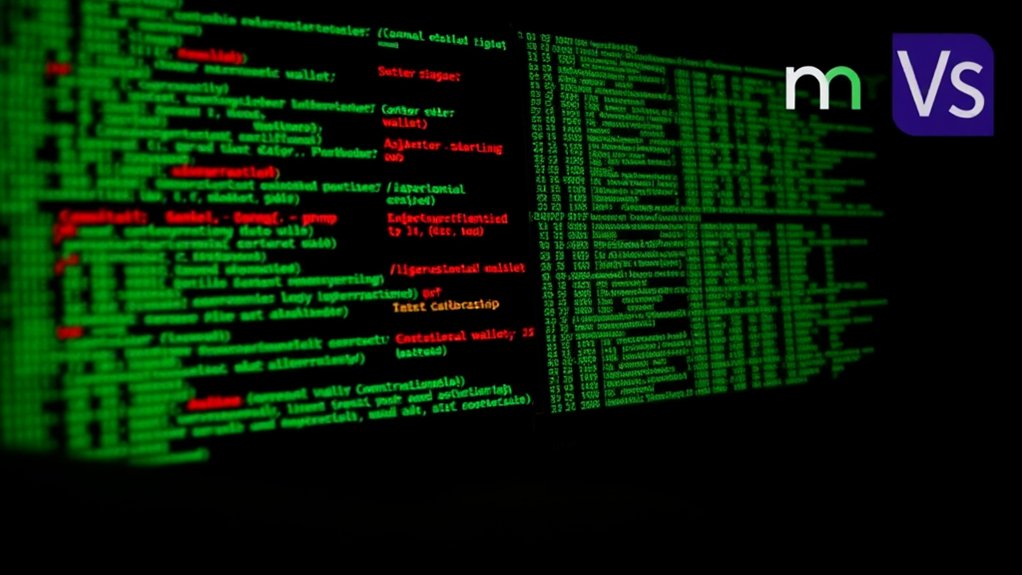As the prevalence of malicious npm packages and Visual Studio Code (VS Code) extensions escalates, the implications for software developers and the integrity of open source ecosystems become increasingly concerning. In the first quarter of 2025 alone, over 18,000 new malicious open source malware packages were identified, with data exfiltration malware comprising 56% of these threats, a significant increase from the prior quarter’s 26%. These figures underscore a disturbing trend wherein threats are not just expanding in number but also in sophistication. Notably, the advanced nature of the attack demonstrated in recent phishing attempts showcases how attackers are continuously evolving their methods. Recent reports indicate that there are now a total of 828,925 packages targeting developers, emphasizing the scale of this issue.
Malicious packages and extensions operate stealthily, deploying sandbox-evasive malware that covertly compromises developer machines and posing zero-day vulnerabilities that can remain undiscovered until significant damage occurs. For instance, over 70 documented malicious npm and VS Code packages have been found to steal developer credentials, system data, and cryptocurrency wallet information. These threats particularly target software development and crypto-asset environments, indicating a wide-reaching risk environment.
Attackers have refined their tactics by exploiting trusted code. Employing methodical approaches such as patch-based compromise, they can rewrite legitimate code on victim machines instead of introducing standalone malware. Moreover, malicious npm packages can disable auto-update features and force applications to restart with compromised code, effectively heightening their persistence and impact.
Research has shown that these packages often masquerade as legitimate libraries or extensions, complicating threat detection. Consequently, the impacts of such breaches are profound. Compromised developer data, including Microsoft O365 accounts and sensitive API tokens, highlight the urgency of addressing these risks.
The persistent nature of the malware can lead to long-lasting infections, even after malicious packages are removed, requiring extensive remediation efforts to restore security. The interconnected nature of npm and VS Code environments further exacerbates these vulnerabilities, as attackers easily switch between channels to exploit opportunities.
Trust in open source ecosystems is being eroded by these rising threats, with supply chain attacks demonstrating the need for heightened vigilance in software security practices.









